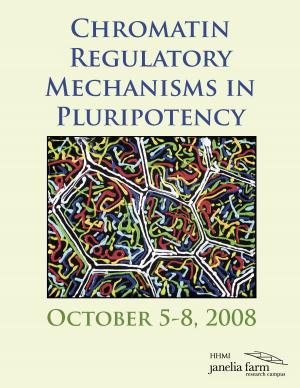Chromatin Regulatory Mechanisms in Pluripotency
This meeting will promote understanding of the role of chromatin regulatory mechanisms in pluripotency and will help resolve controversy surrounding the role of specific genes and processes. Current evidence suggests that stem cells have a specific chromatin state essential to their self-renewal and ability to give rise to multiple lineages. A number of genes have been implicated in establishing this pluripotent state, and some of these are also likely to be involved in reprogramming somatic nuclei to a pluripotent state. A clear understanding of these mechanisms could pave the way to the production of cell types and organs for regenerative medicine.
Organizers
Gerald Crabtree, Stanford University
Julie Lessard, Université de Montréal
Janet Rossant, University of Toronto
Invited Participants
Bradley Bernstein, Massachusetts General Hospital
Kevin Eggan, Harvard University
Minx Fuller, Stanford University
Susan Gasser, Friedrich Miescher Institute for Biomedical Research
John Gurdon, University of Cambridge
Rudy Jaensich, Massachusetts Institute of Technology
Terry Magnuson, University of North Carolina at Chapel Hill
Susan Mango, University of Utah
Doug Melton, HHMI/Harvard Stem Cell Institute
Barbara Meyer, HHMI/University of California, Berkeley
Wolf Reik, The Babraham Institute
Guy Sauvageau, University of Montreal
Stuart Schreiber, HHMI/Broad Institute
Yang Shi, Harvard Medical School
Austin Smith, Cambridge University
Jane Visvader, The Walter and Eliza Hall Institute of Medical Research
Irv Weissman, Stanford University School of Medicine
Carl Wu, National Cancer Institute
Shinya Yamanaka, University of California, San Francisco

